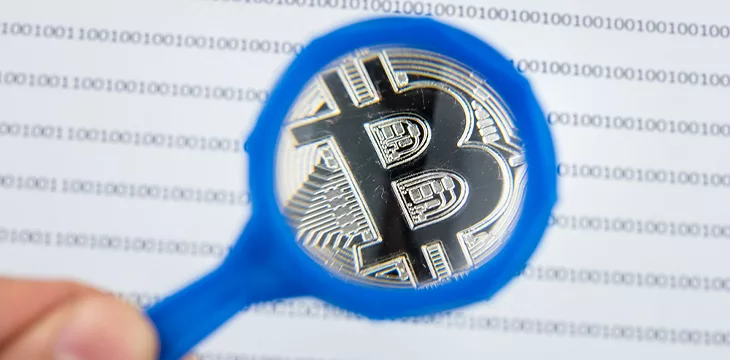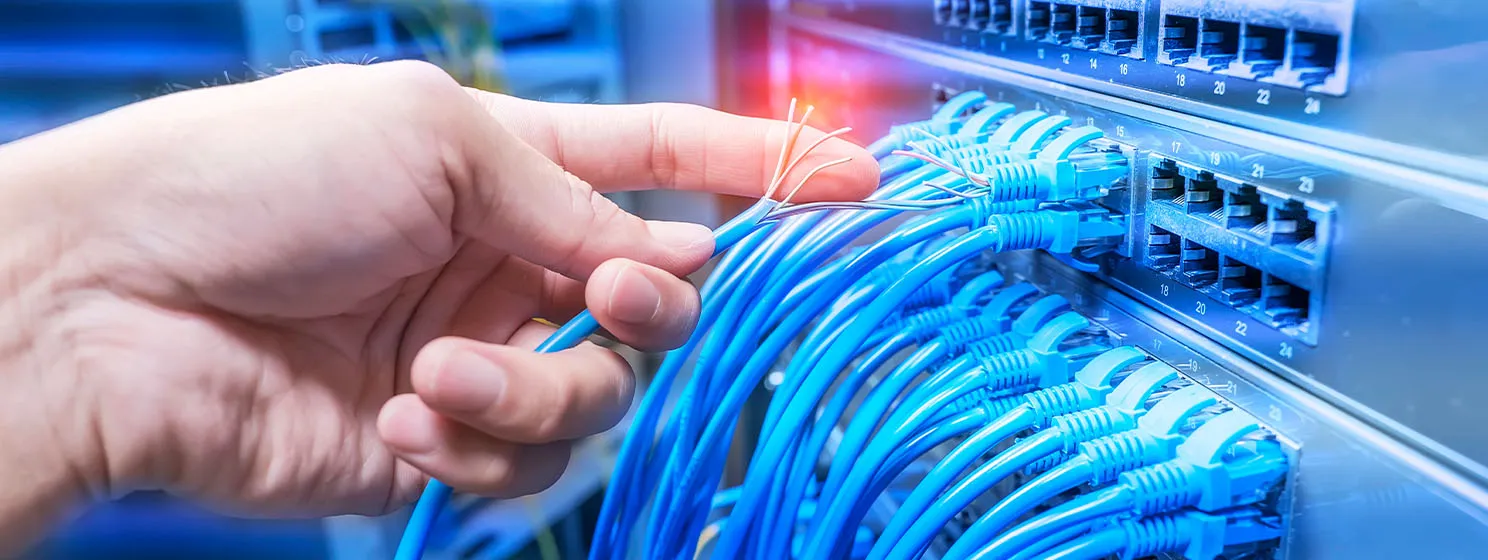|
Getting your Trinity Audio player ready...
|
As technology advances at a breakneck speed, new concepts like ‘Ordinals’ are revolutionizing the blockchain space. In his article, “The Future of Data Storage and Data Integrity: Exploring ‘Ordinals’ in BitcoinSV,” Marquez Comelab of BSVSearch.com unveils the exciting potential of Ordinals within the Bitcoin Satoshi Vision (BSV) blockchain framework. In this article, we illuminate the remarkable role of Ordinals in data storage, integrity, and security, revealing their transformative implications for individuals, businesses, and governments. A must-read for anyone interested in the evolving landscape of blockchain technology.
Welcome to my exploration of ‘Ordinals,’ a hot topic causing ripples in the blockchain community in recent months. For clarity, I won’t be addressing topics like Taproot or Segwit related to the BTC blockchain. My focus will solely be on Bitcoin Satoshi Vision (BSV), recognized for its cost-effectiveness and ease of use. Any reference to Bitcoin in this article refers to BSV, not BTC.
Now, ‘ordinals’ in everyday language represent the order, positions, or sequence of items in a list. If you have ever ranked your preferences as first, second, third, and so forth, you’ve used ordinals. However, ‘ordinals’ take on a unique role in the blockchain universe. Here, they stand for any file—be it an image, text, or webpage—that’s written onto a satoshi in the BSV blockchain.
Let’s break this down a bit with an analogy. Consider a dollar or a Euro, which can be divided into smaller units like cents or pennies. In the same way, a Bitcoin can be split into 100,000,000 satoshis. Now, imagine if a single penny could also encapsulate a song, artwork, or house ownership certificate. Suddenly, that penny becomes more than a currency—it evolves into a symbol of value attached to that song, artwork, or document. By simply transferring this penny, you also pass on whatever it represents. It’s as if you could hand over possession and/or ownership of a house just by giving someone a coin!
Although this sounds like fantasy in our tangible world, it’s a concrete reality in the digital landscape of Bitcoin. A single satoshi can contain a contract, a song, a book, or even an artwork. These data pieces, dubbed “ordinals,” are imprinted onto individual satoshis and assigned a unique ordinal number, signifying its order of inscription on the blockchain.
“But why store files on the BSV blockchain when I can store them on my computer and share them already?” This question is natural, but consider this: What happens if you lose those files due to a faulty hard drive and do not have a backup? Storing files and data with businesses, corporations, and other organizations has the same problem when these entities go bankrupt or are hacked.
Here’s where Ordinals stored on the BSV blockchain shine—they’re recorded on the BSV blockchain, a system designed to exist as long as anyone around the globe is willing to keep a copy of the blockchain. This creates a reliable backup and maintains the files’ integrity. Moreover, when an Ordinal is inscribed, the specifics of the date, time, and Bitcoin addresses involved are permanently recorded. This indelible timestamp is significant, especially in this age of AI and deep fake1, where verifying the authenticity of documents, images, and videos is paramount.
Ordinals on the BSV blockchain provide an accessible way to use Bitcoin as a timestamp server or a public database. It’s akin to having a global, ultra-secure hard drive at your disposal that you can access anytime, anywhere, through any device connected to the BSV blockchain.
Ordinals offer problem-solving benefits for everyone—from individuals to businesses to governments. Individuals can use them to create, collect, and share unique digital art, music, and memories that will exist ‘forever.’ For businesses, ordinals present a chance to create and sell one-of-a-kind digital products or services, record vital information, and protect intellectual property rights. Governments can utilize ordinals to inscribe public data, coupled with secure and efficient access. In doing so, they can streamline operational processes and reduce costs.
To sum up, ‘Ordinals’ represent a promising leap forward in how blockchain can improve our lives by providing innovative solutions to the age-old challenges of data storage, integrity, and security. They empower individuals to preserve their unique digital creations, assist businesses in creating distinctive products and maintaining key records, and enable governments to streamline operations with unparalleled efficiency. As we navigate this digital age, ‘Ordinals’ in the BSV blockchain stands as an exciting beacon of progress and potential, transforming how we interact with, store, and value data. Keep an eye on this space as we delve deeper into how you can leverage ‘Ordinals’ in upcoming articles. Until then, start your journey with platforms like 1satordinals.com, aym.world, and relayx.com2. The world of ‘Ordinals’ awaits you!
NOTES:
[1] I have written about this concern in an earlier article I wrote titled, “The intersection of AI, deepfakes, and Bitcoin SV: Building trust in a world of misinformation,” published by CoinGeek on March 6, 2023 (https://coingeek.com/the-intersection-of-ai-deepfakes-and-bitcoin-sv-building-trust-in-a-world-of-misinformation/, last accessed July 21, 2023).
[2] Please note that none of these are endorsements, and none pay the author to link to them. These links are shared to recognize that they are the pioneers of ‘Ordinals’ in the BSV blockchain.
Watch: Ordinals on BSV! Luke Rohenaz explains their Utility and Value on the CoinGeek Weekly Livestream

 08-06-2025
08-06-2025 





